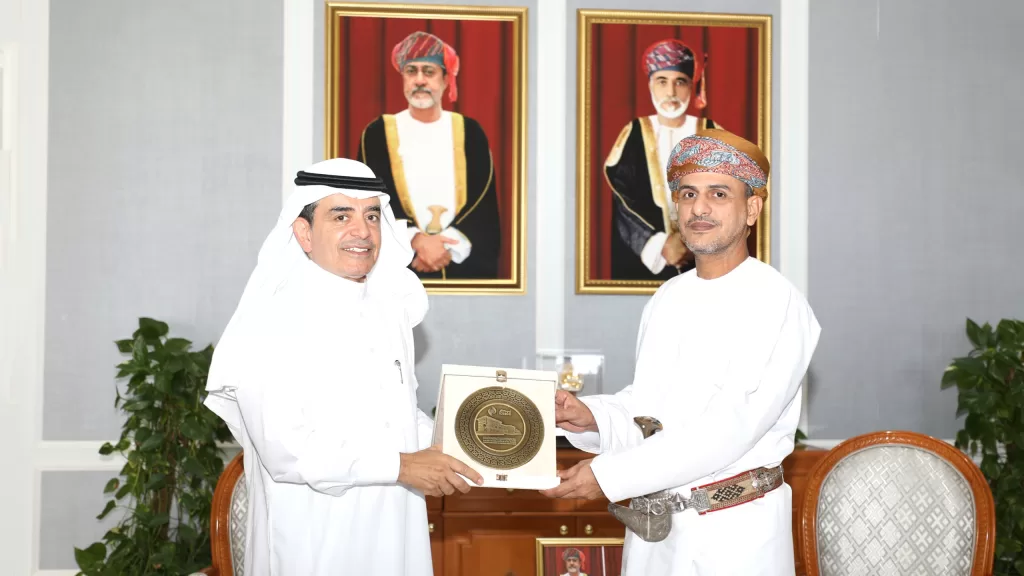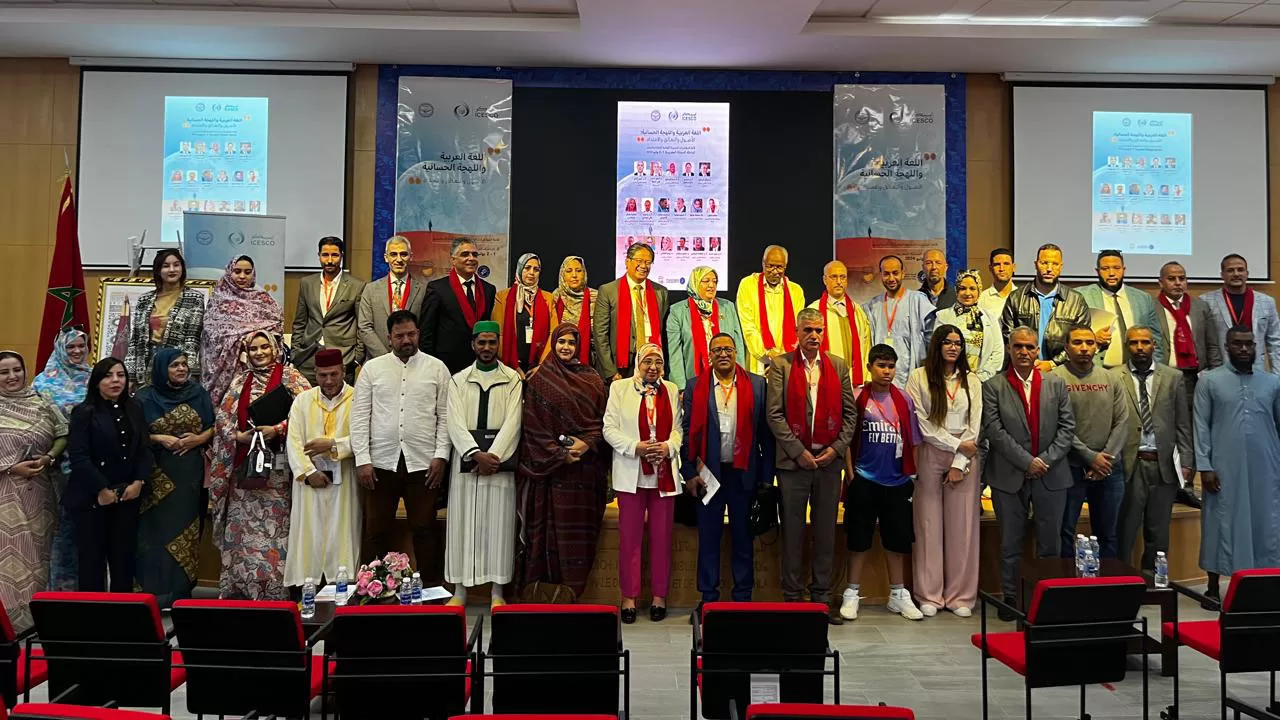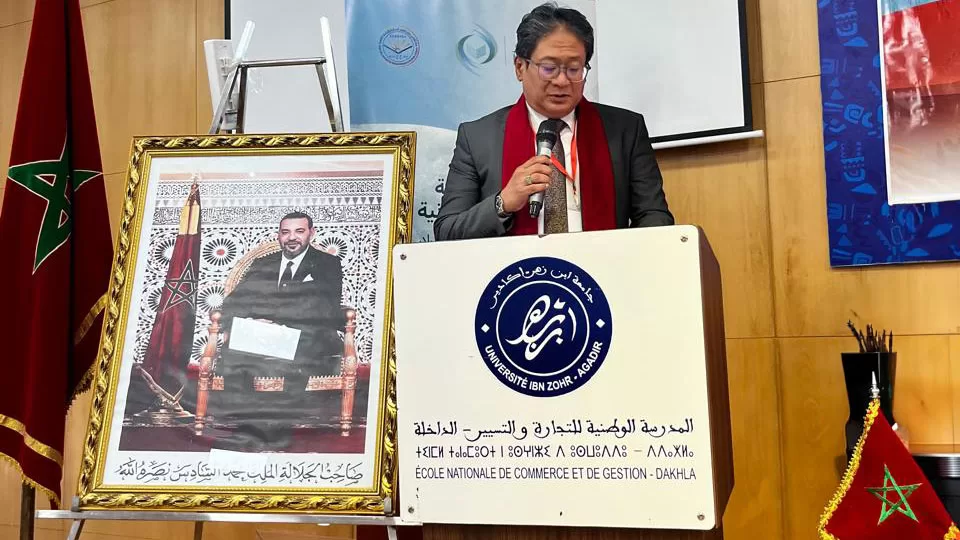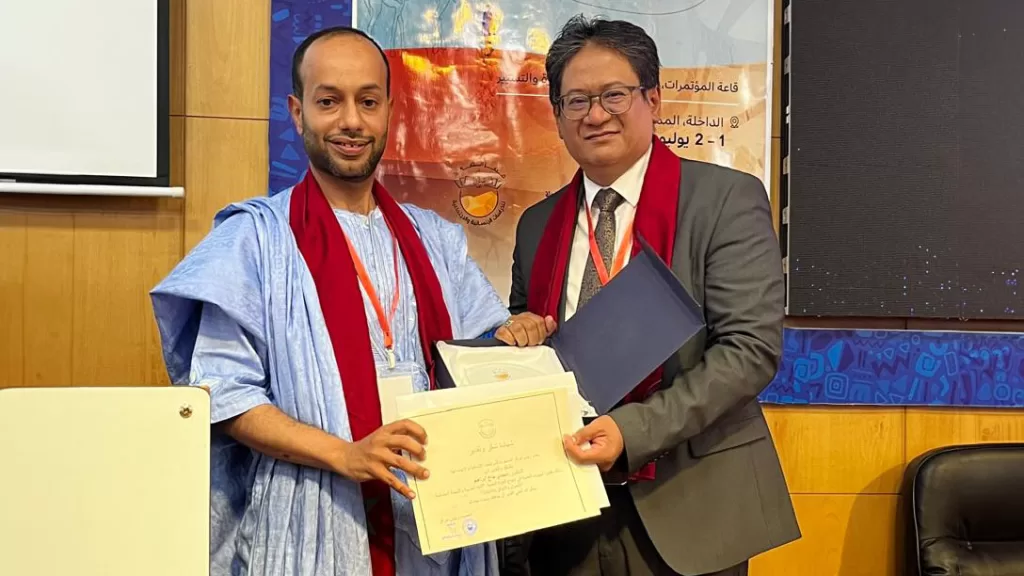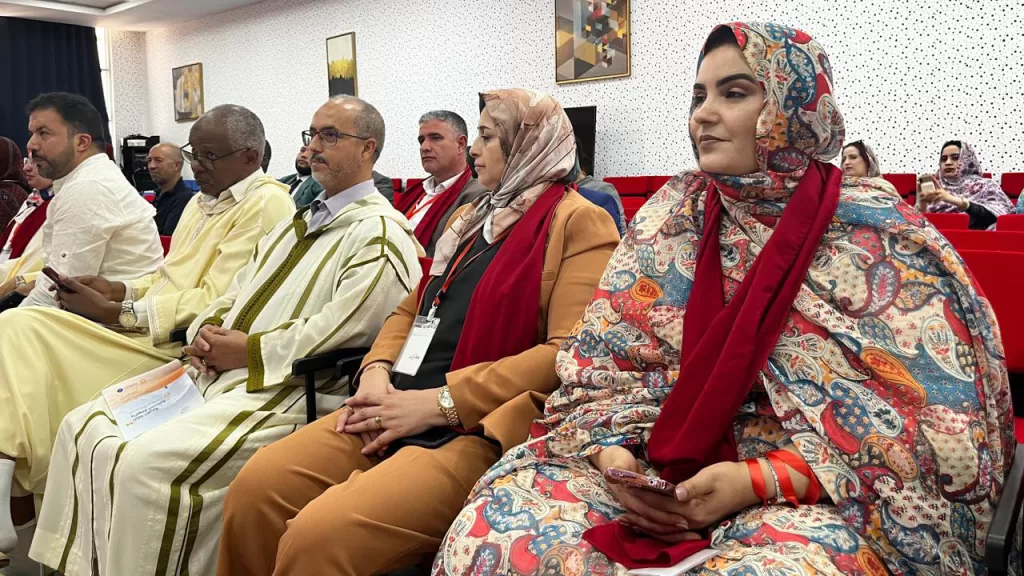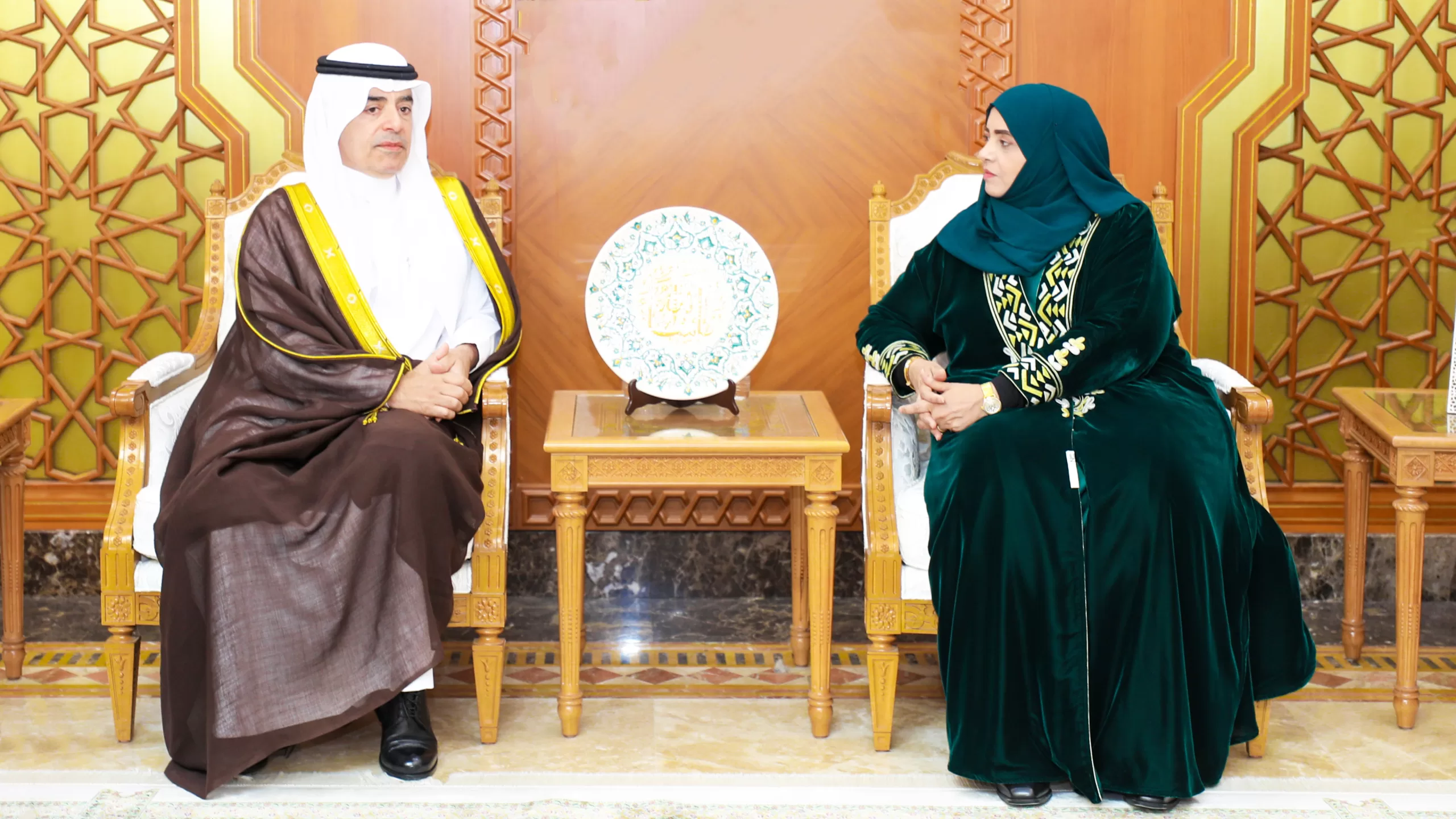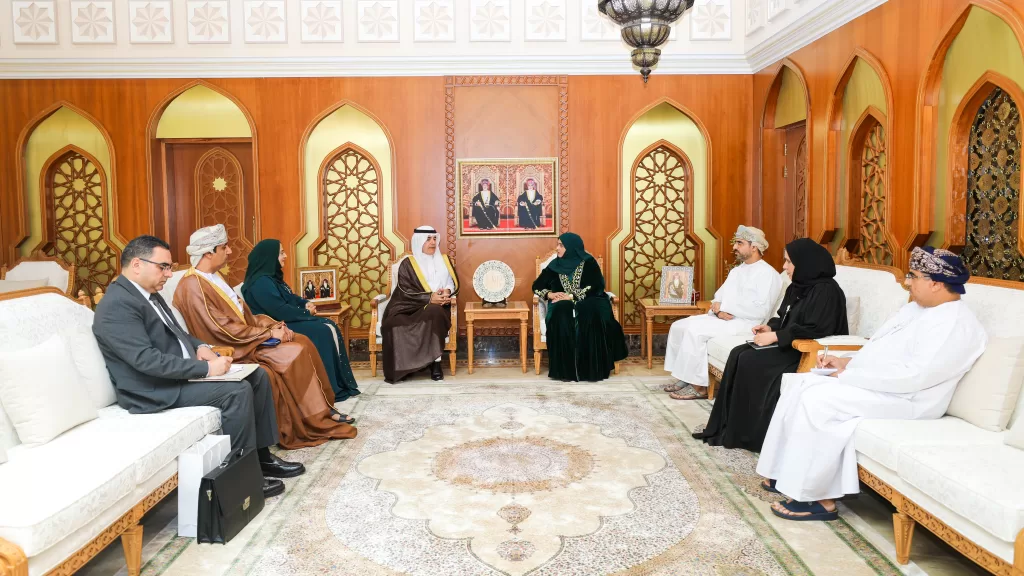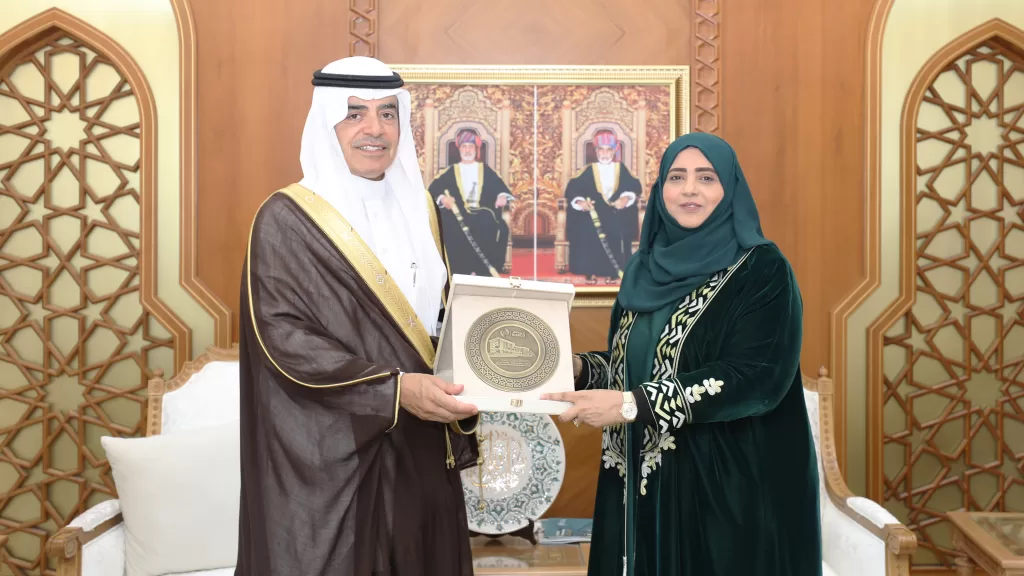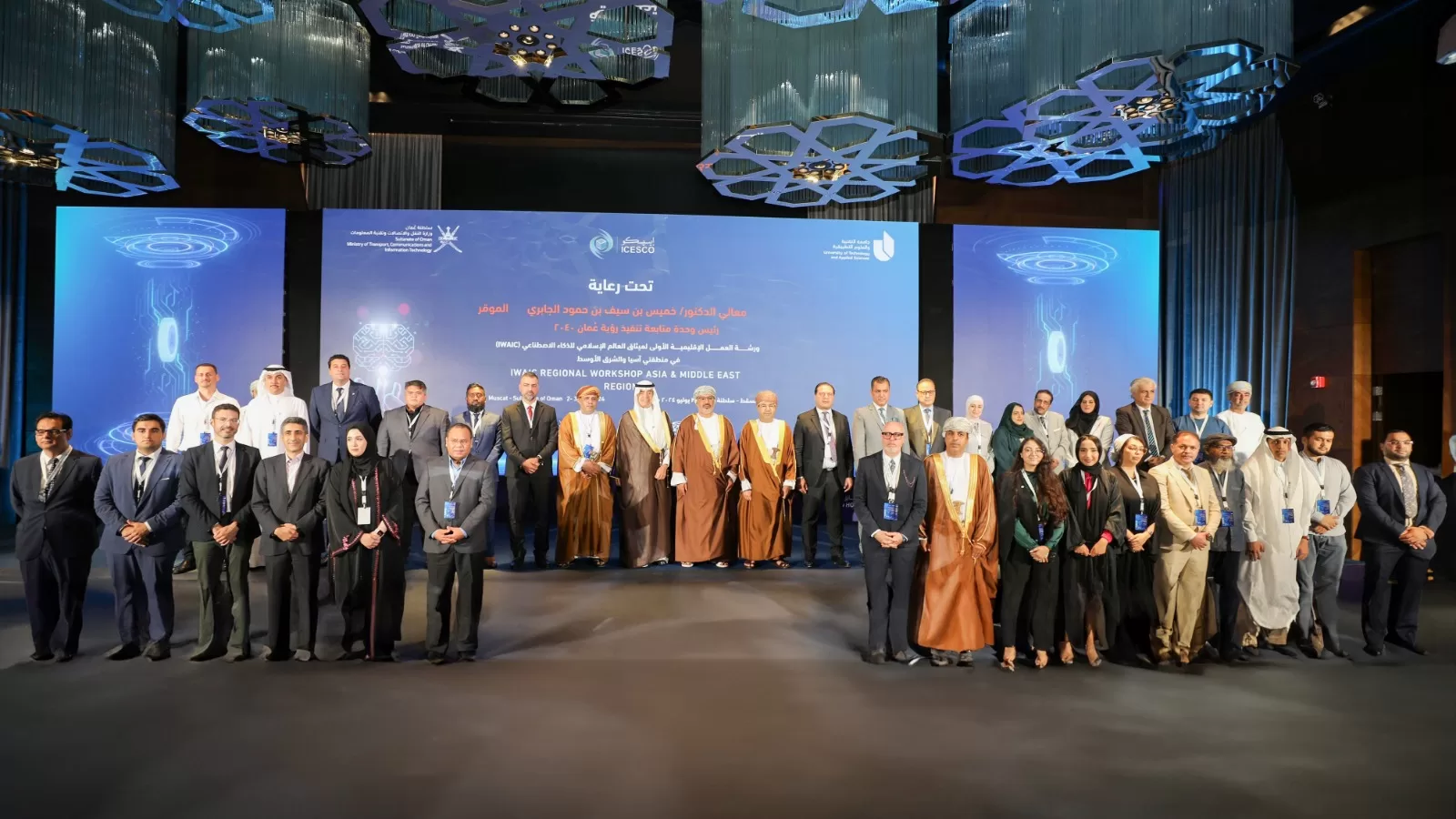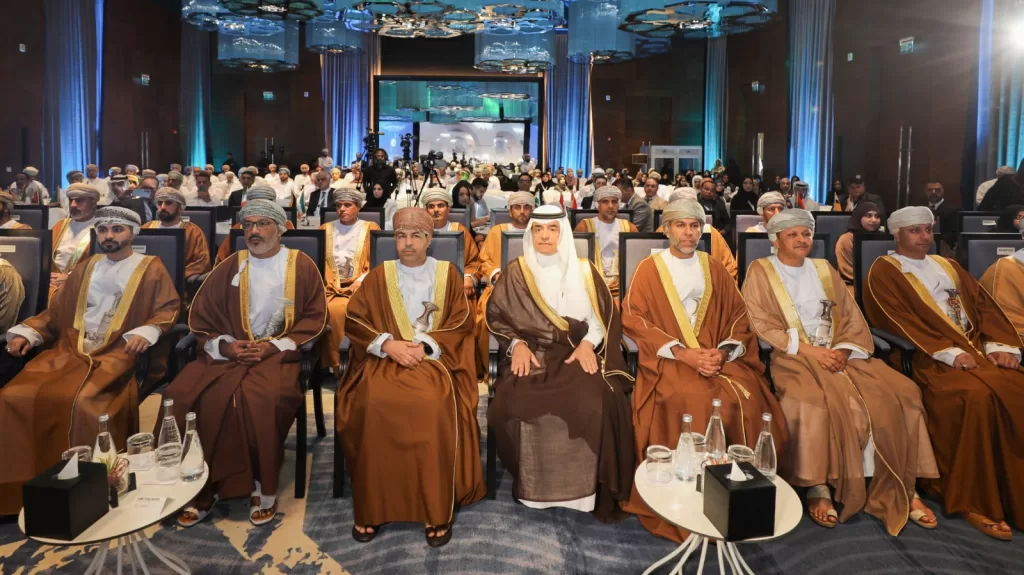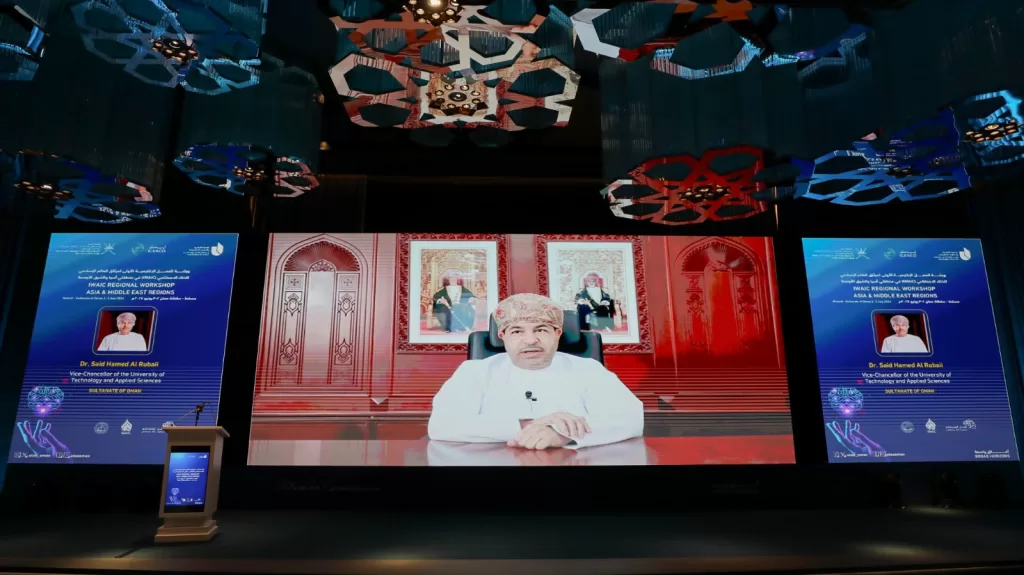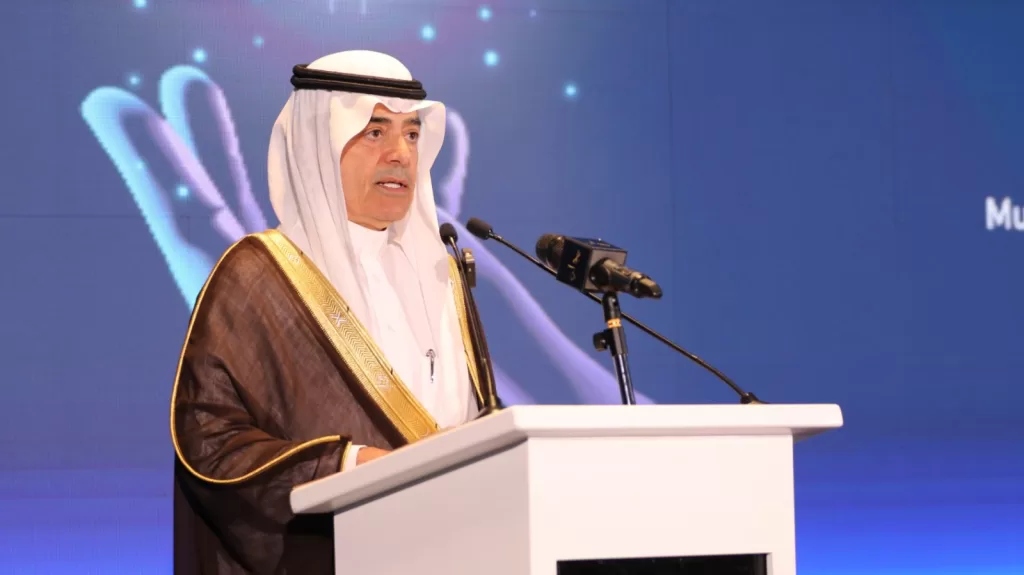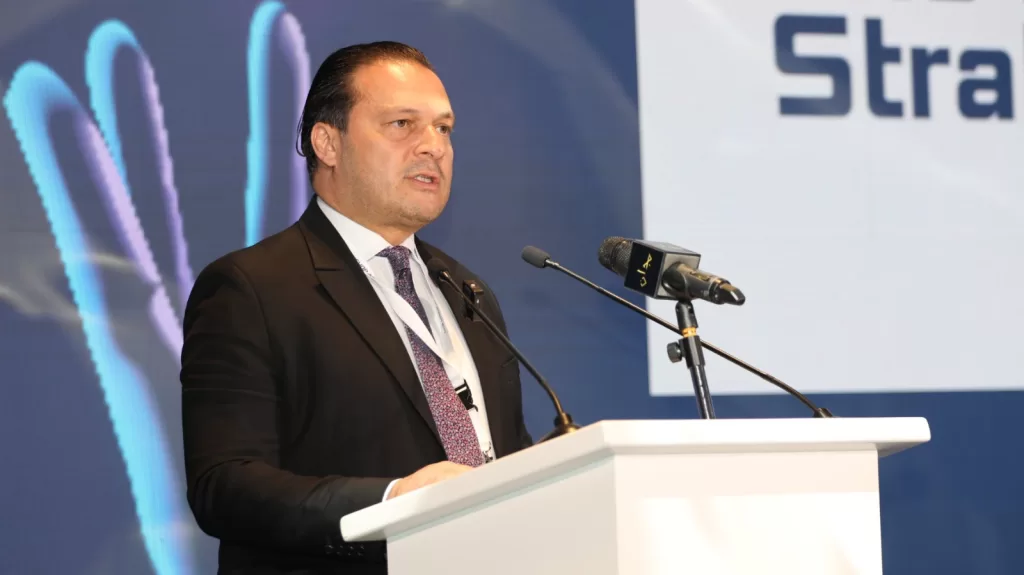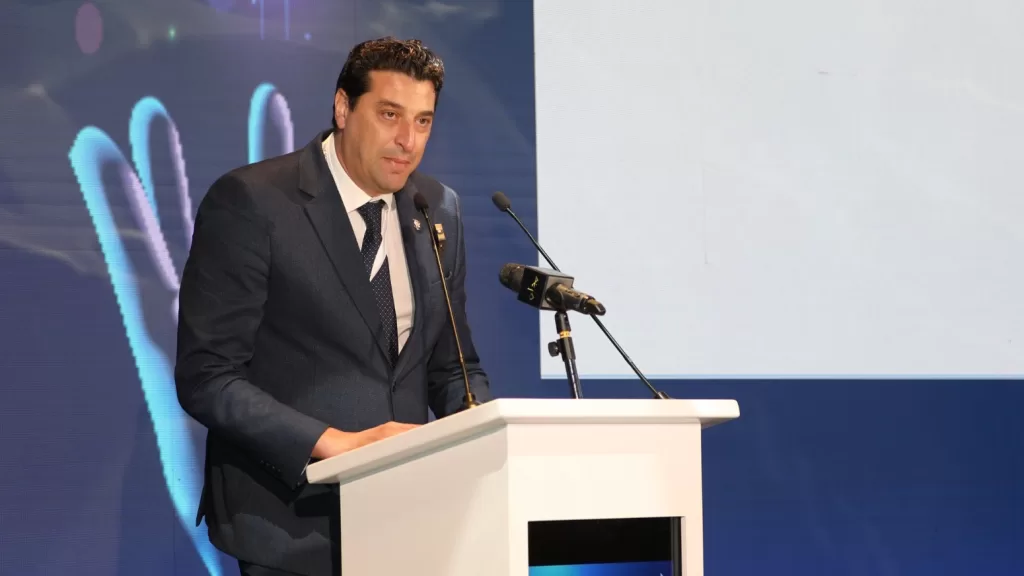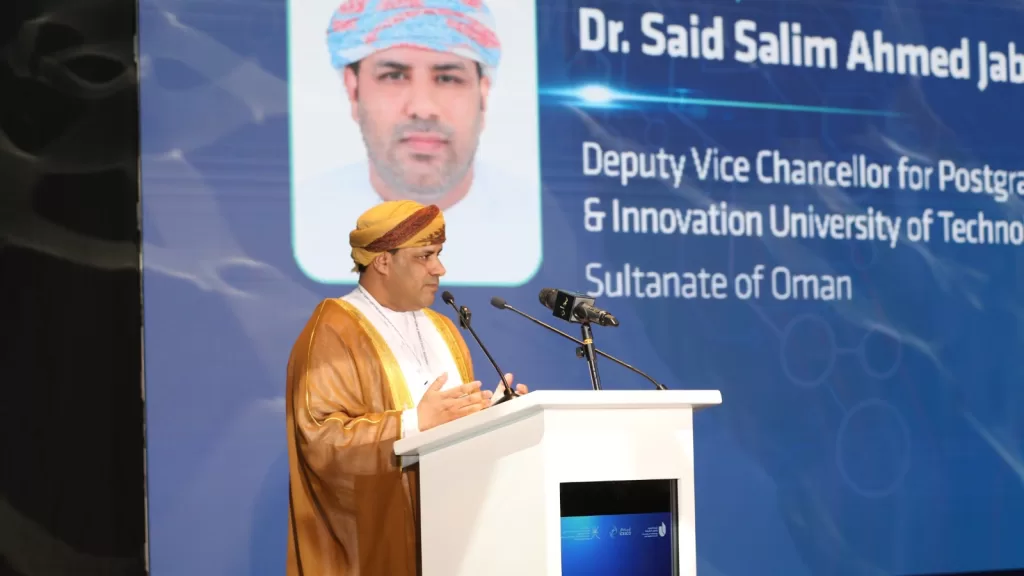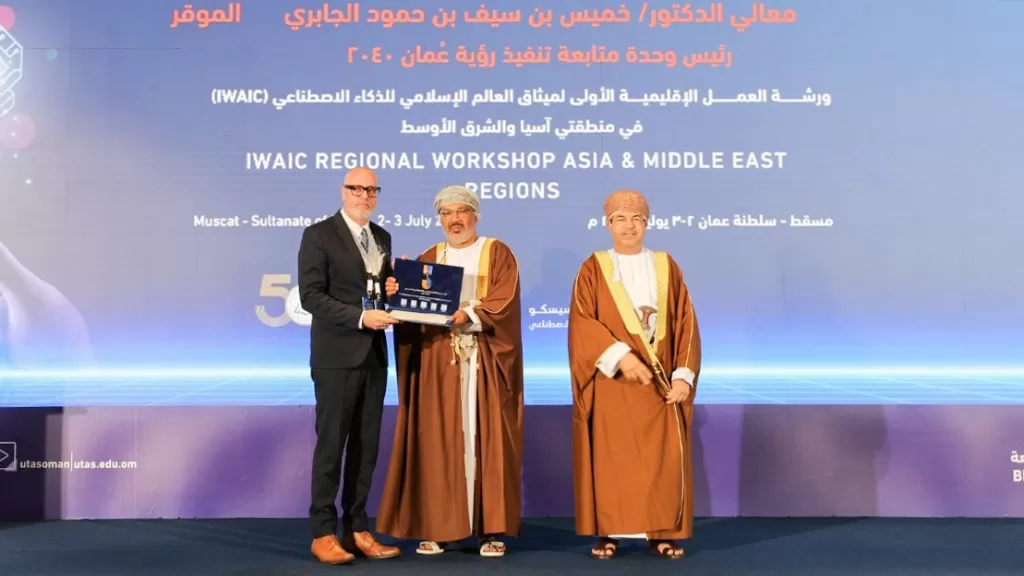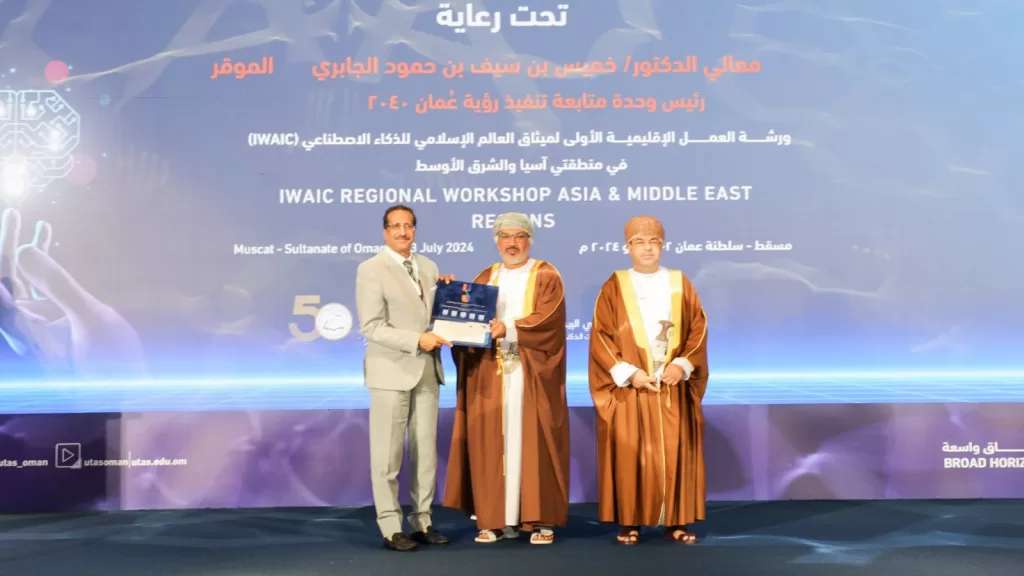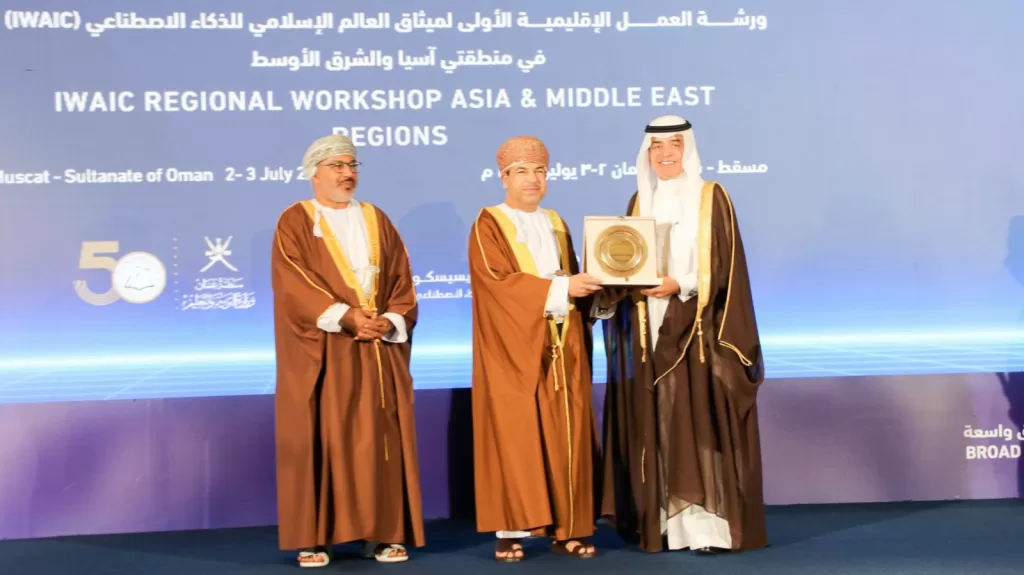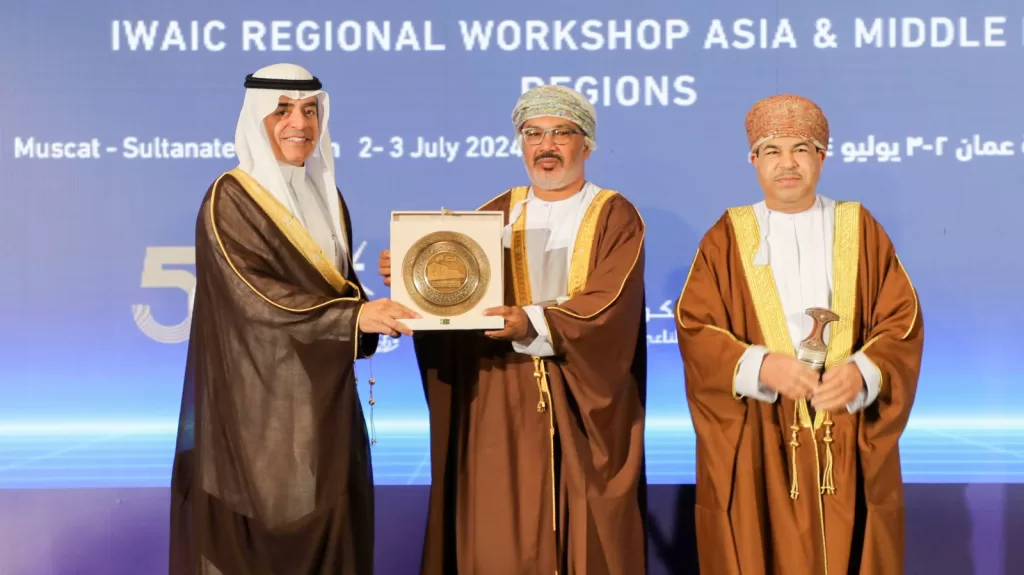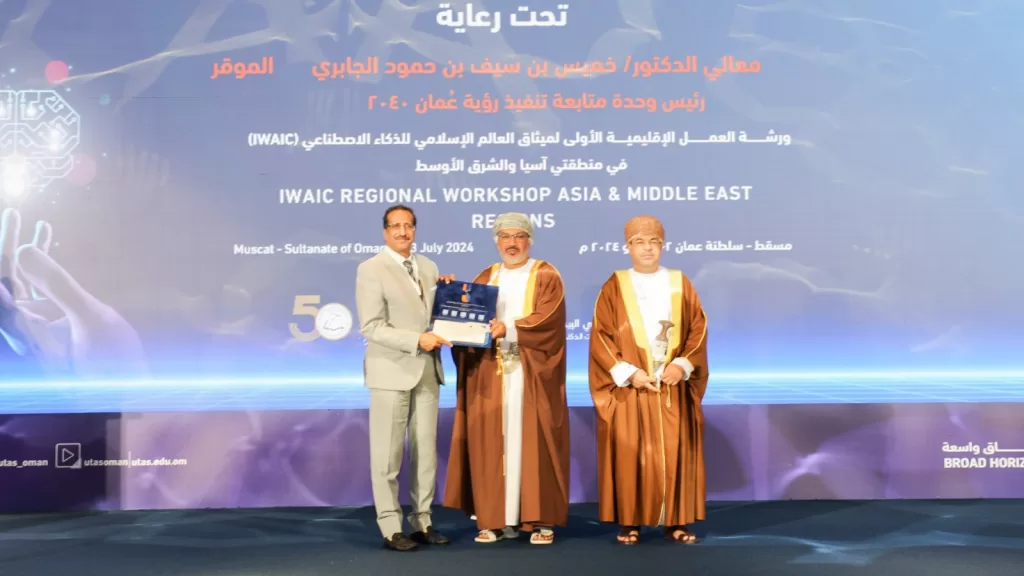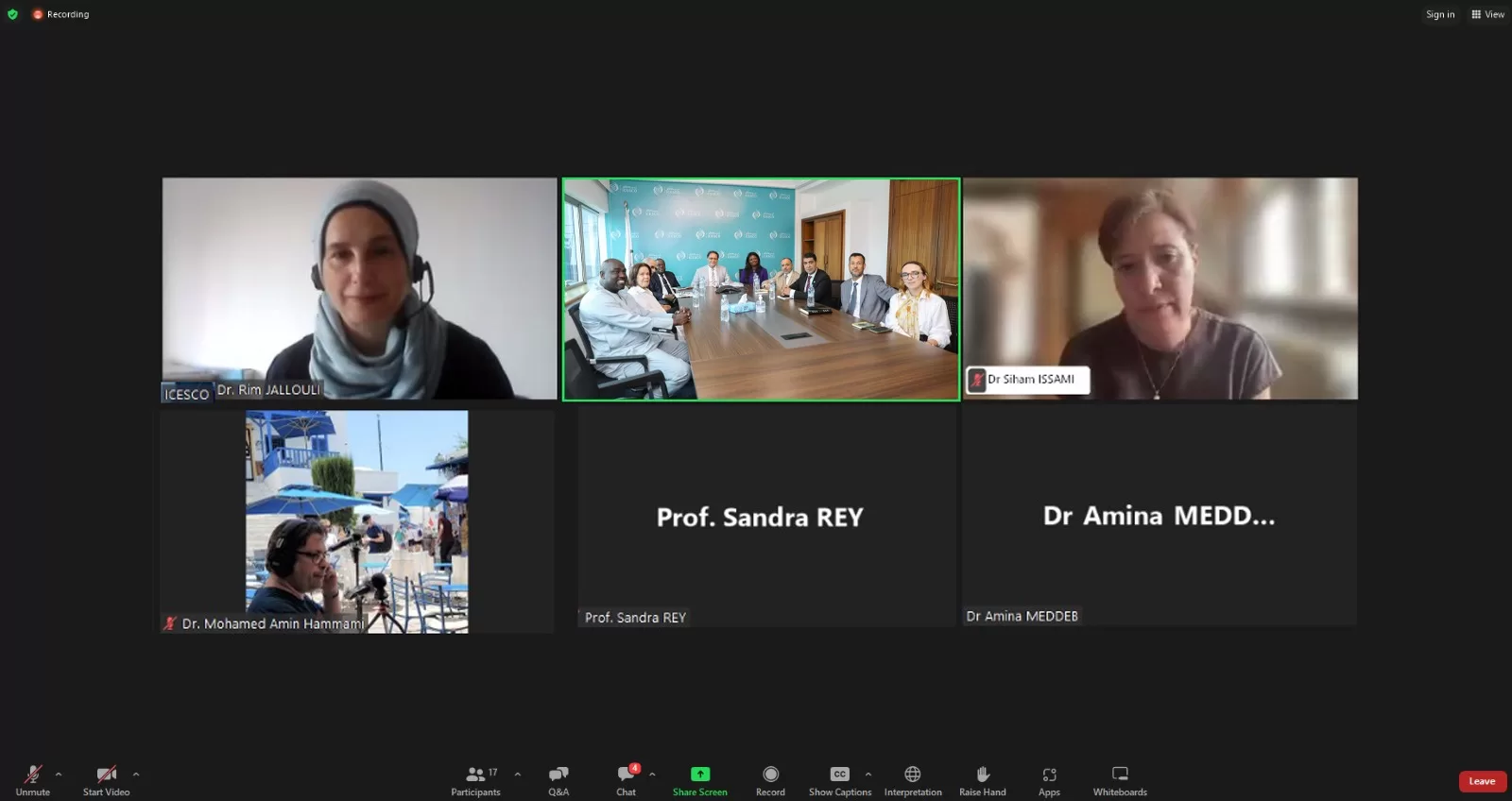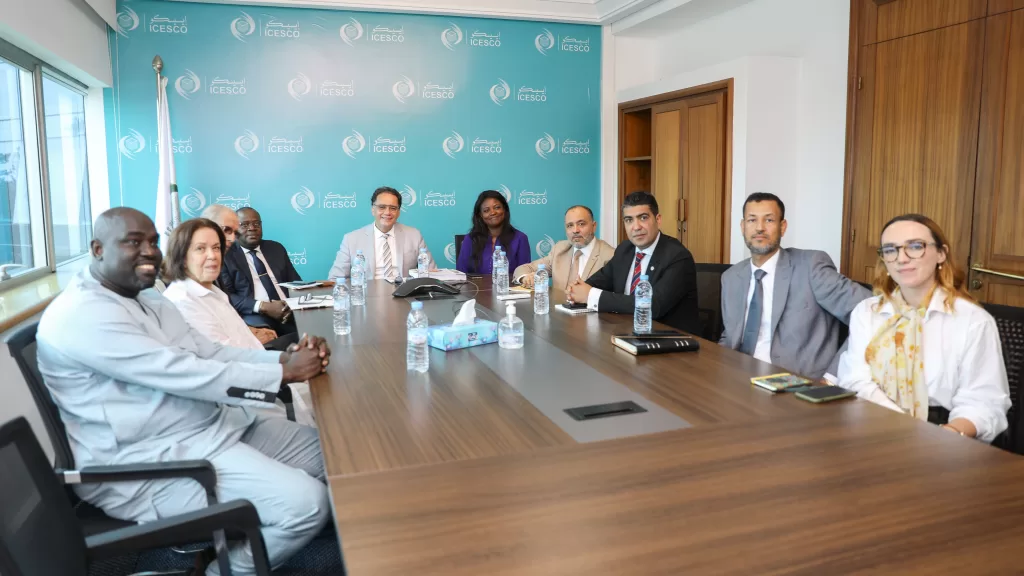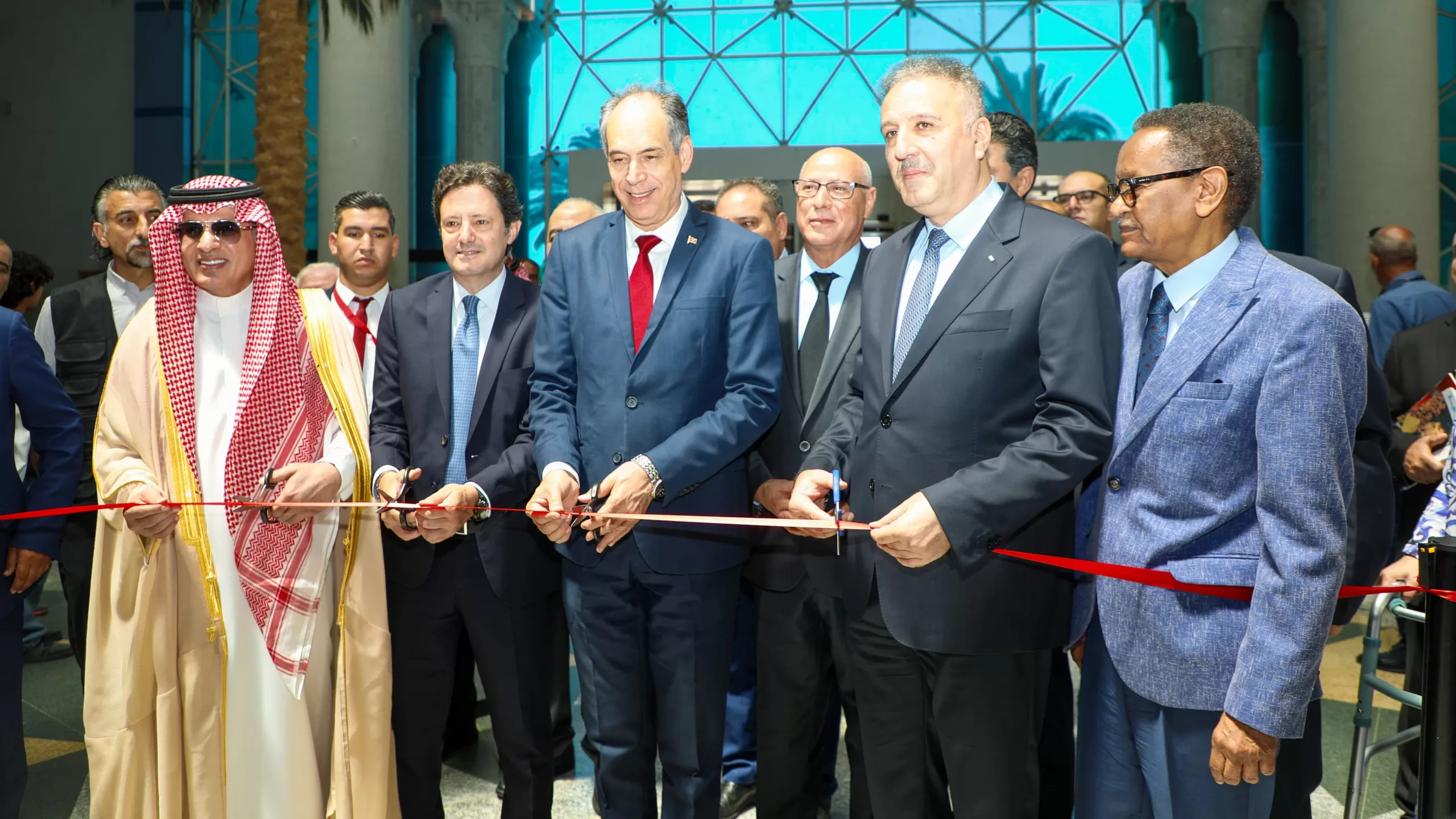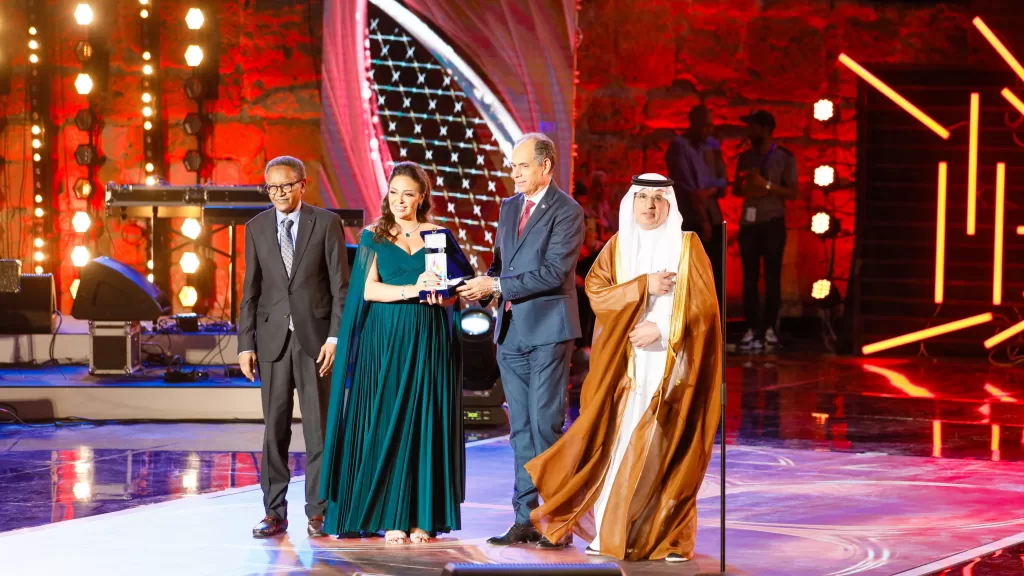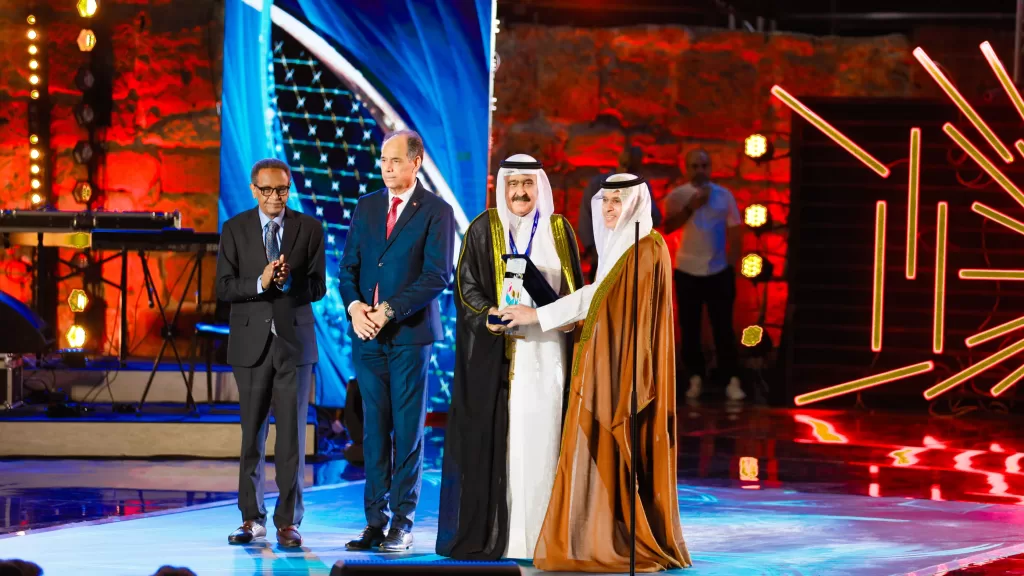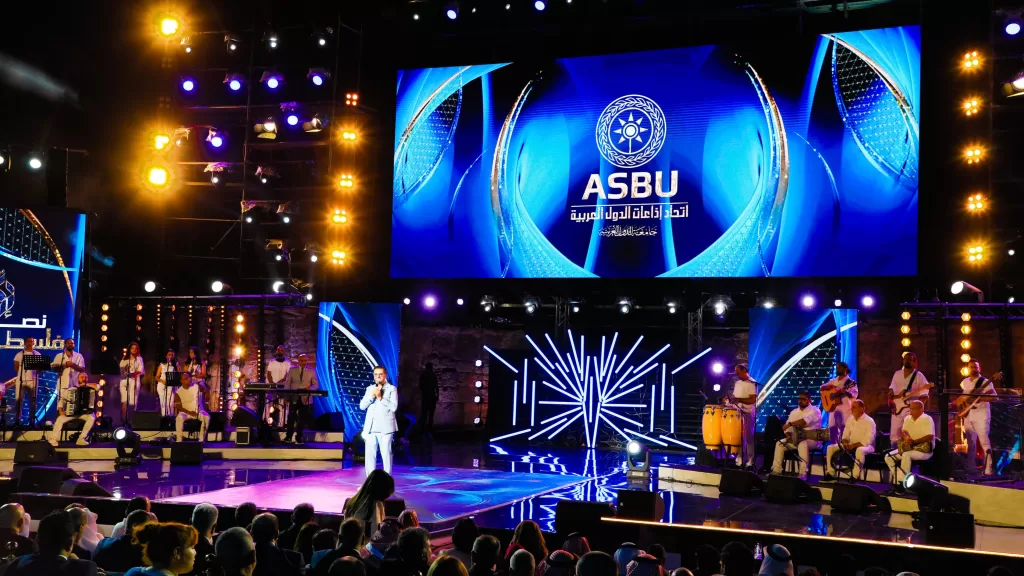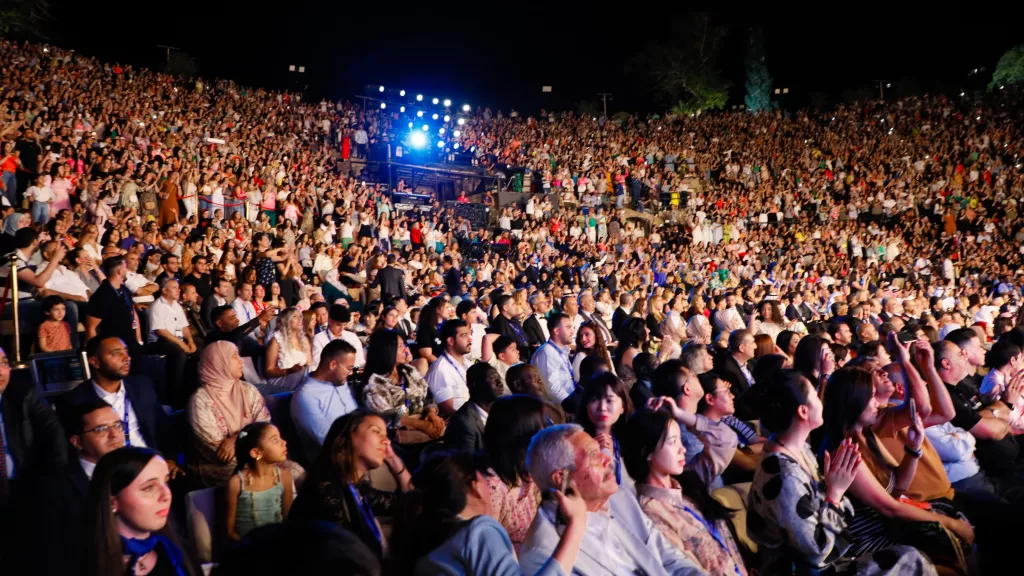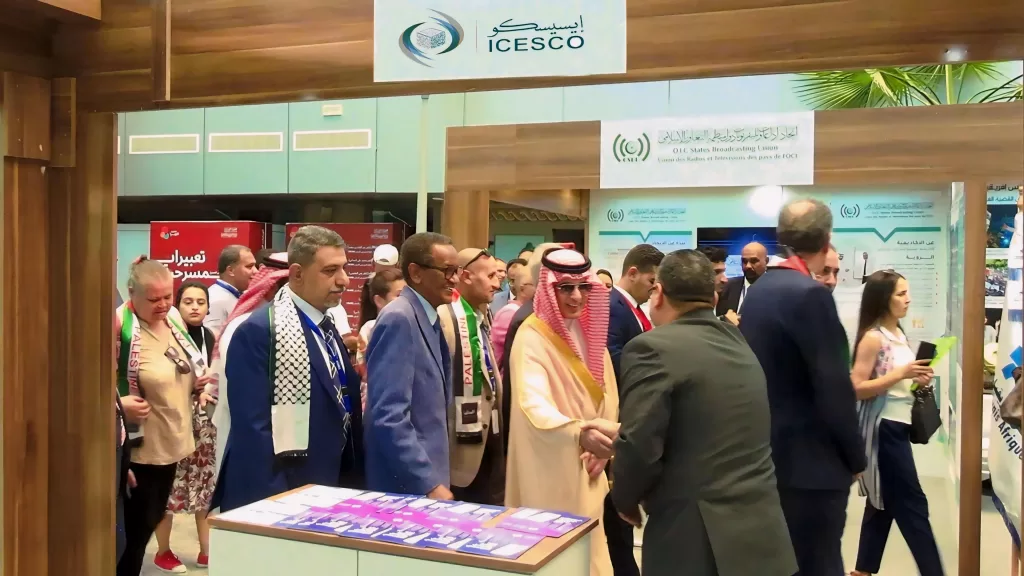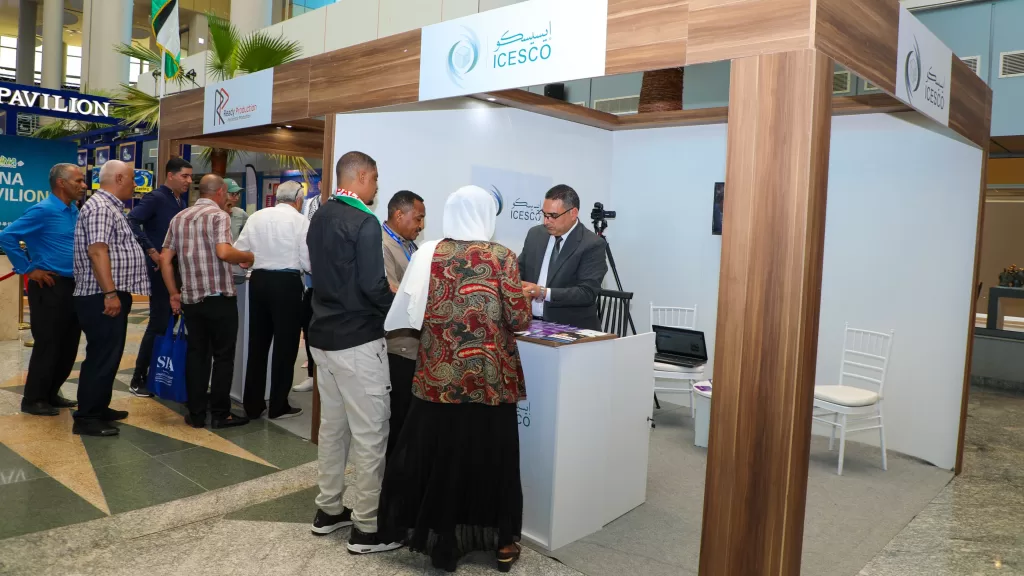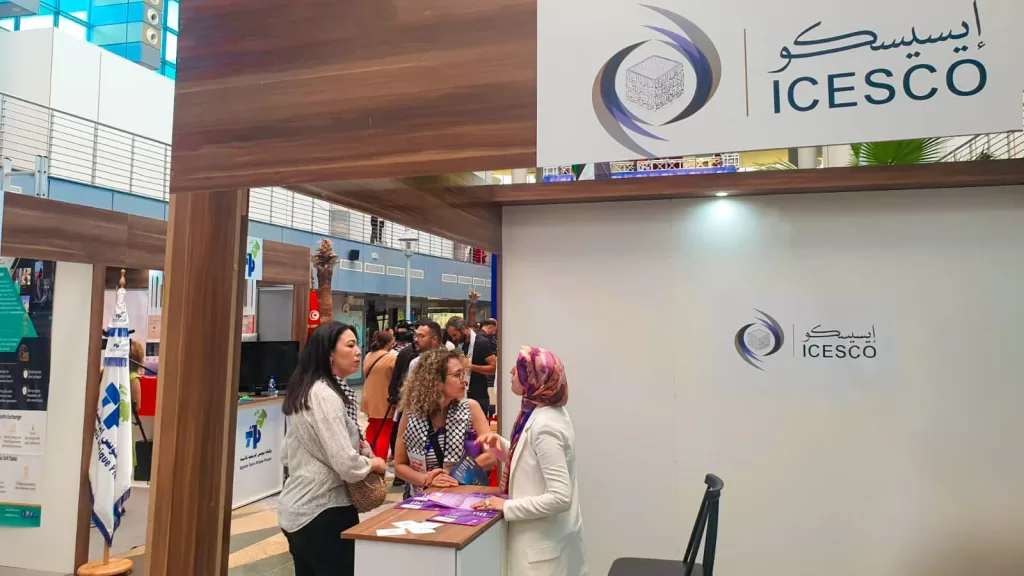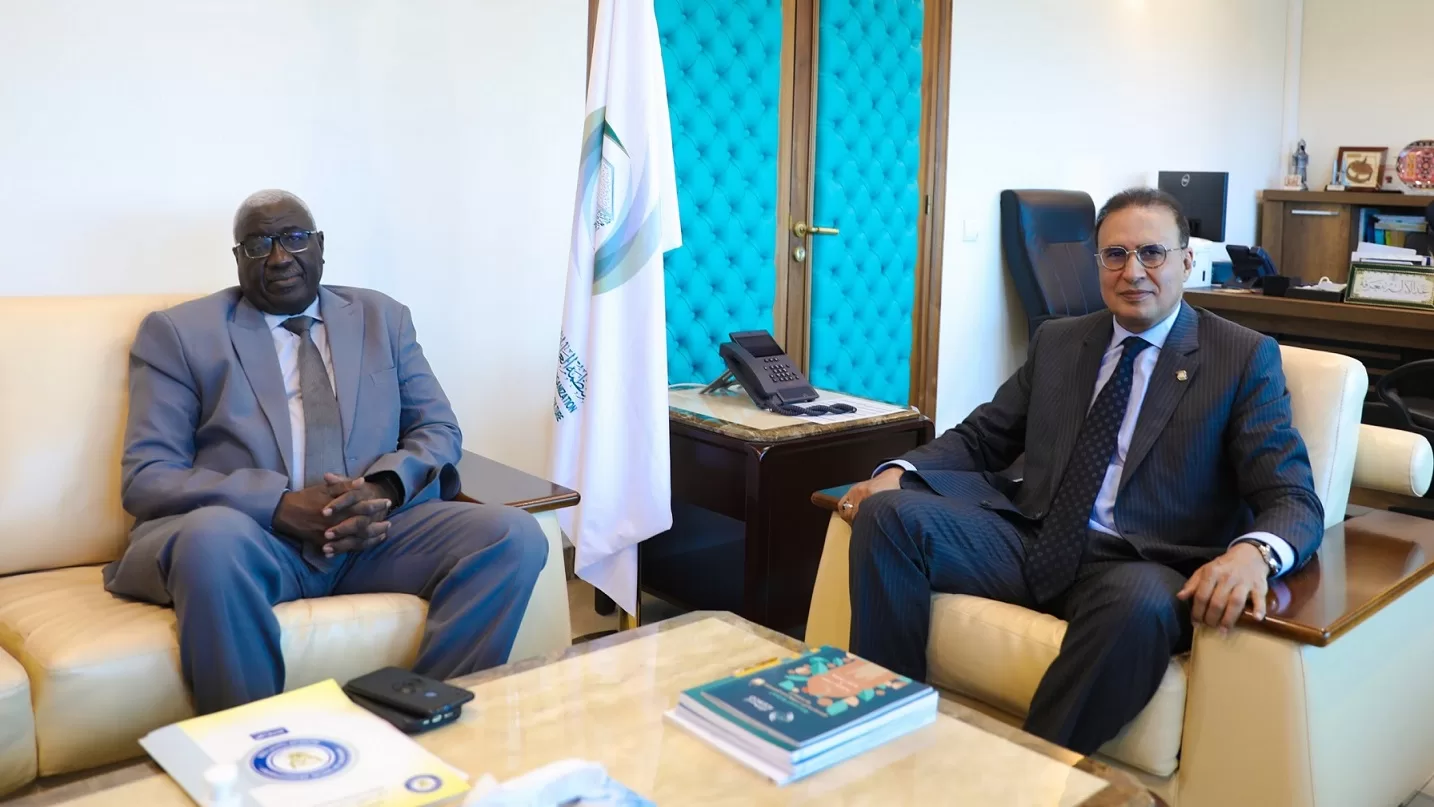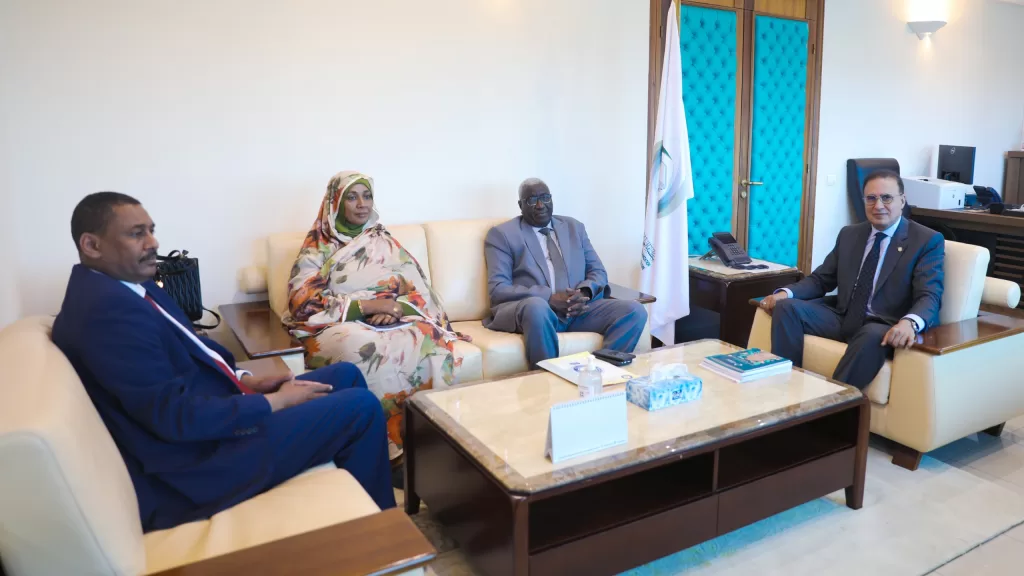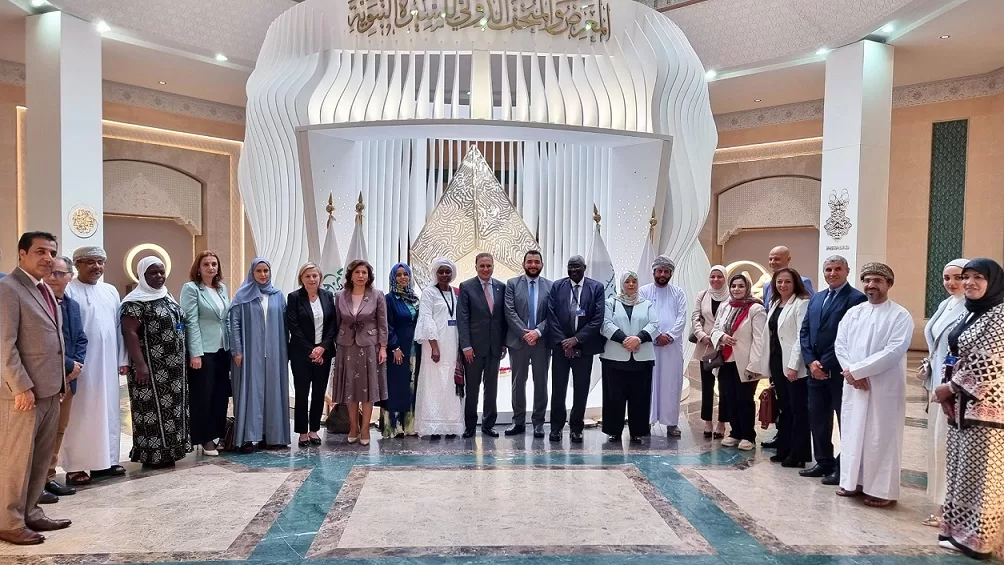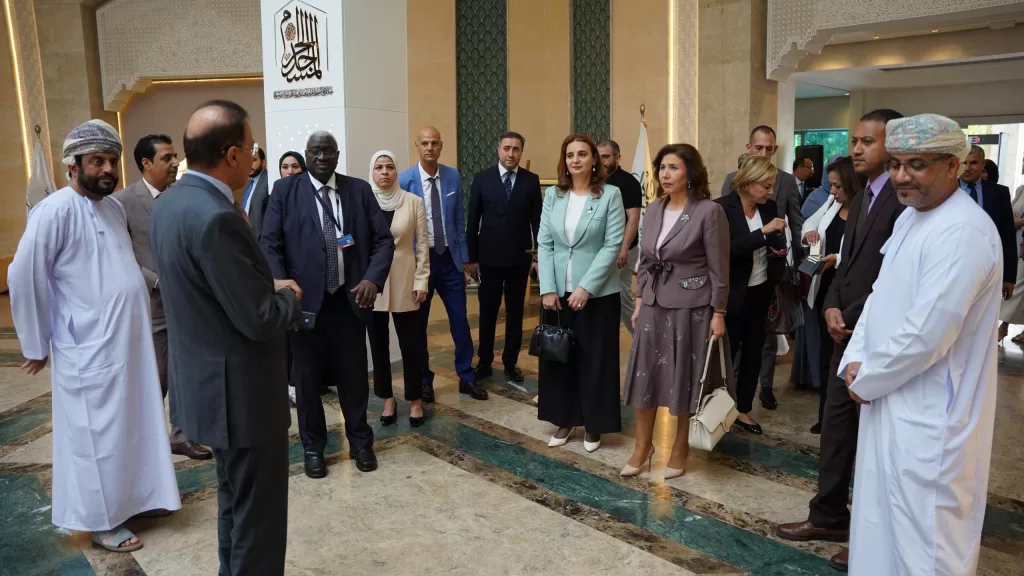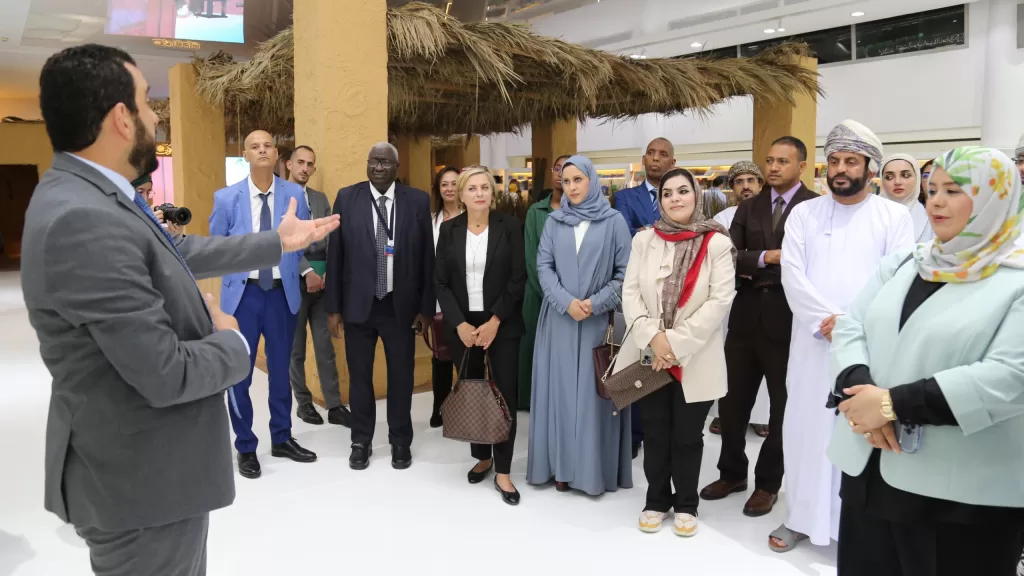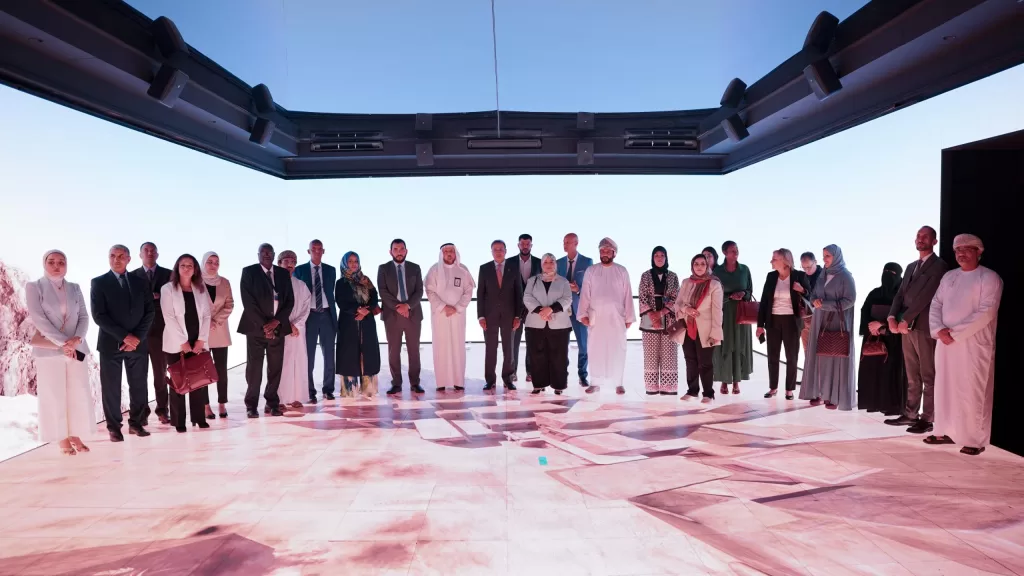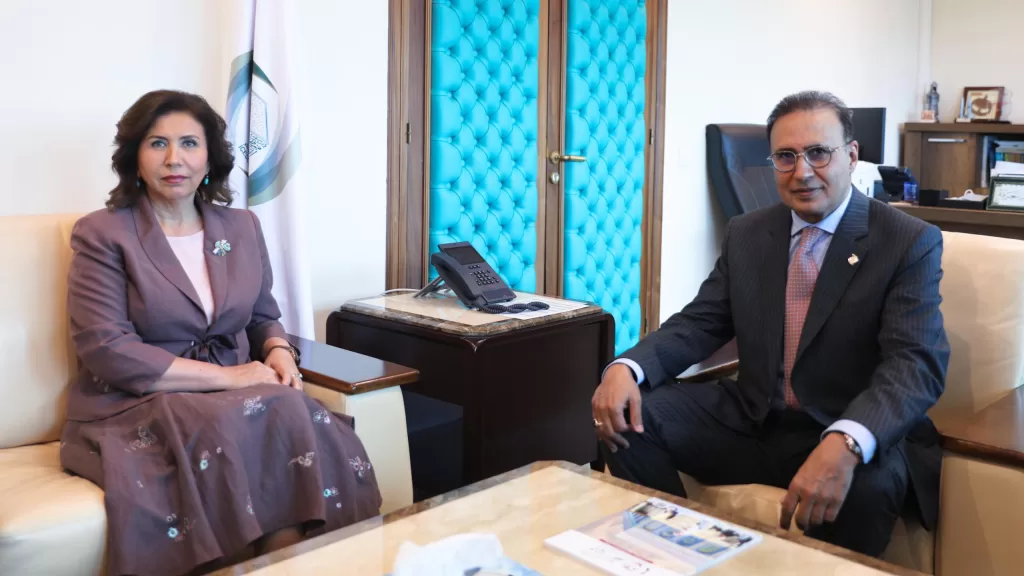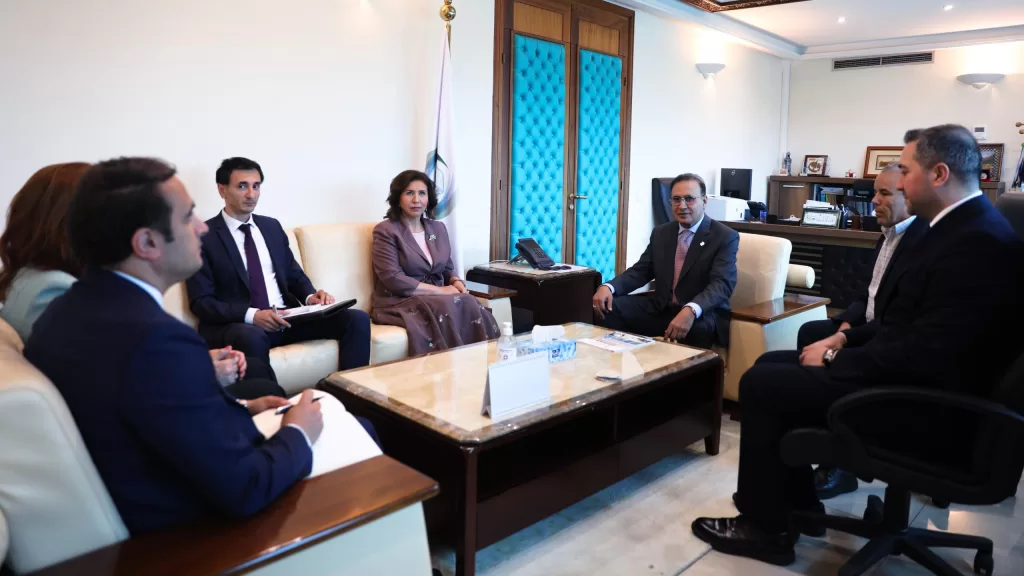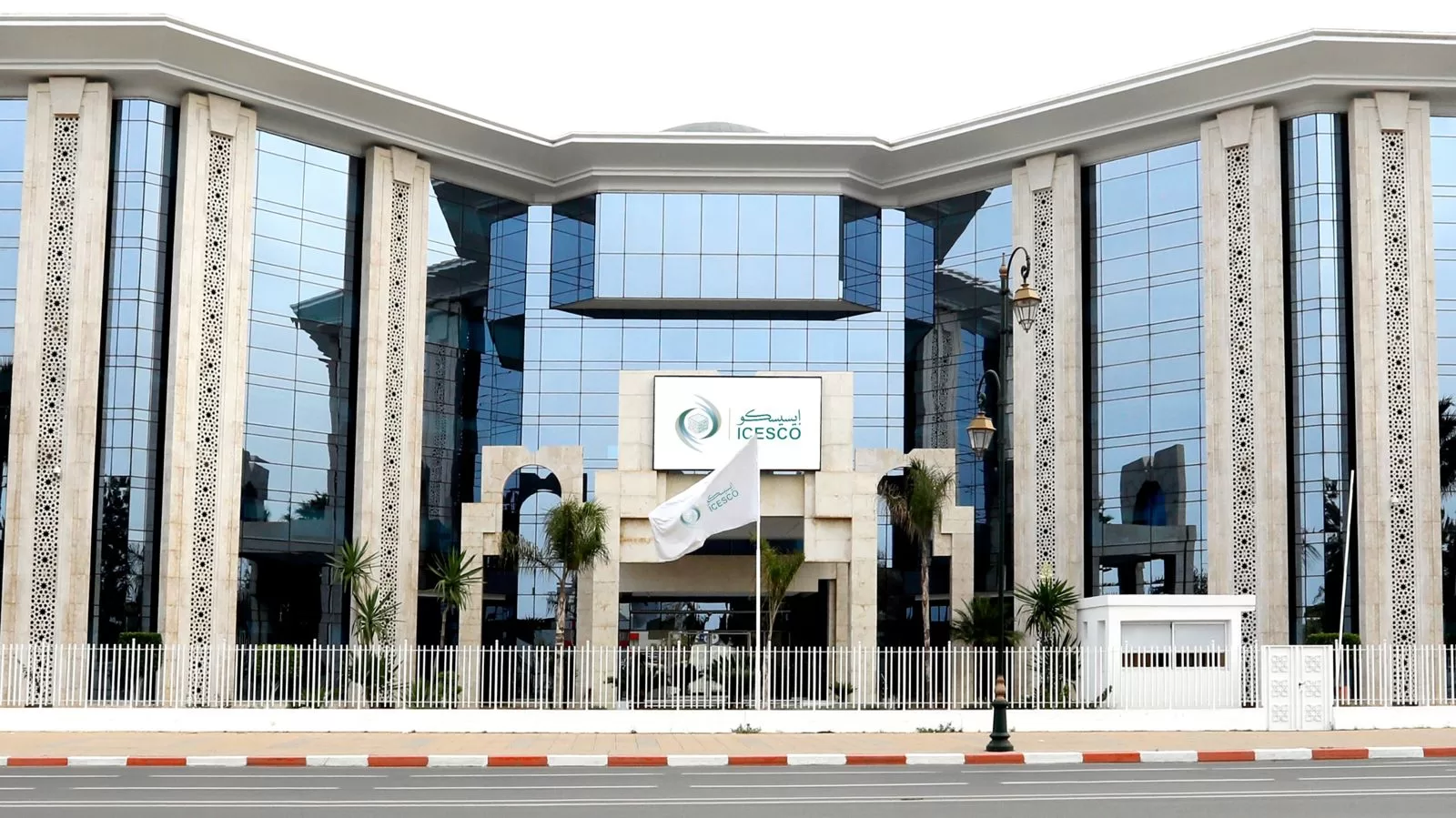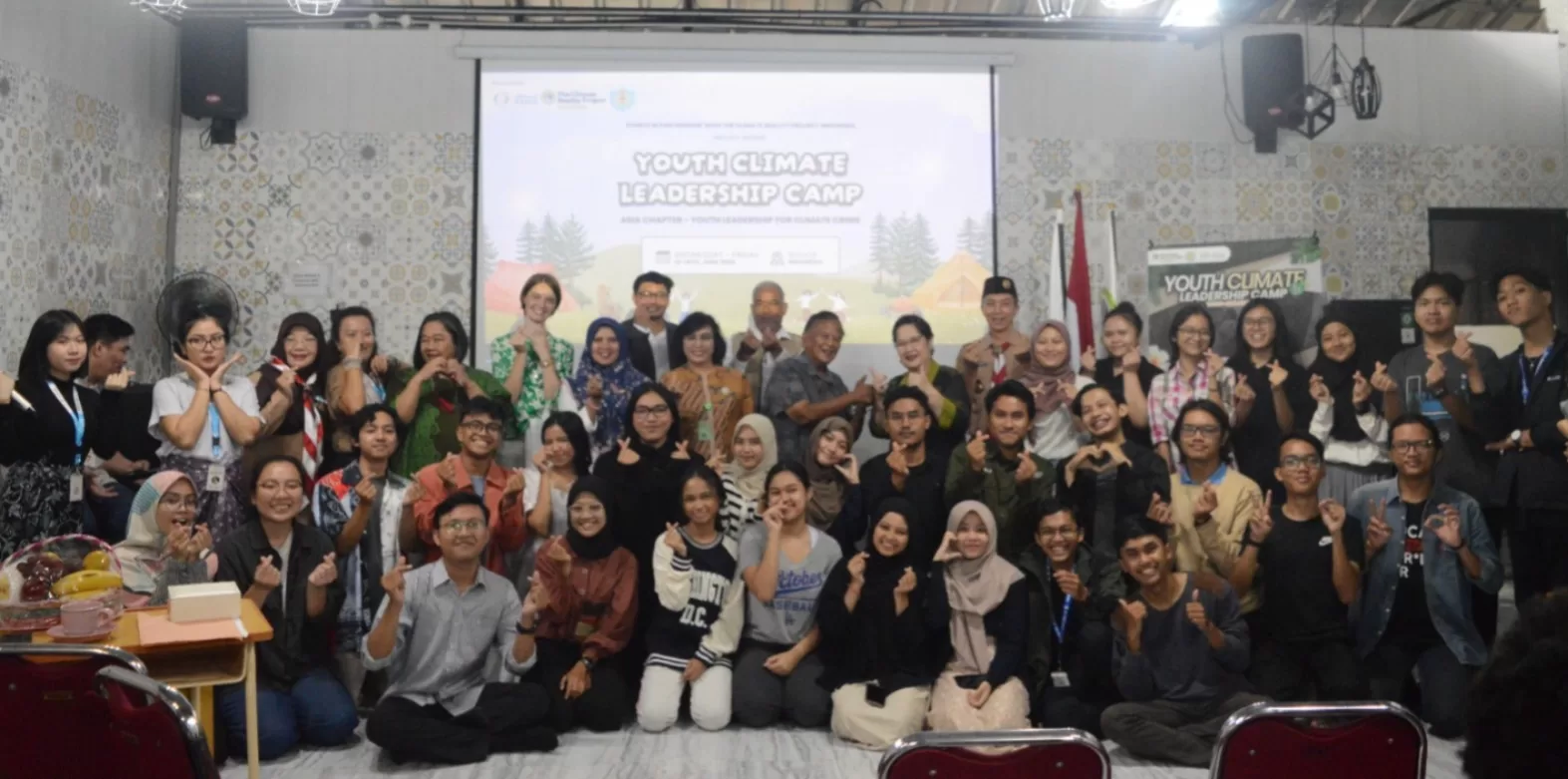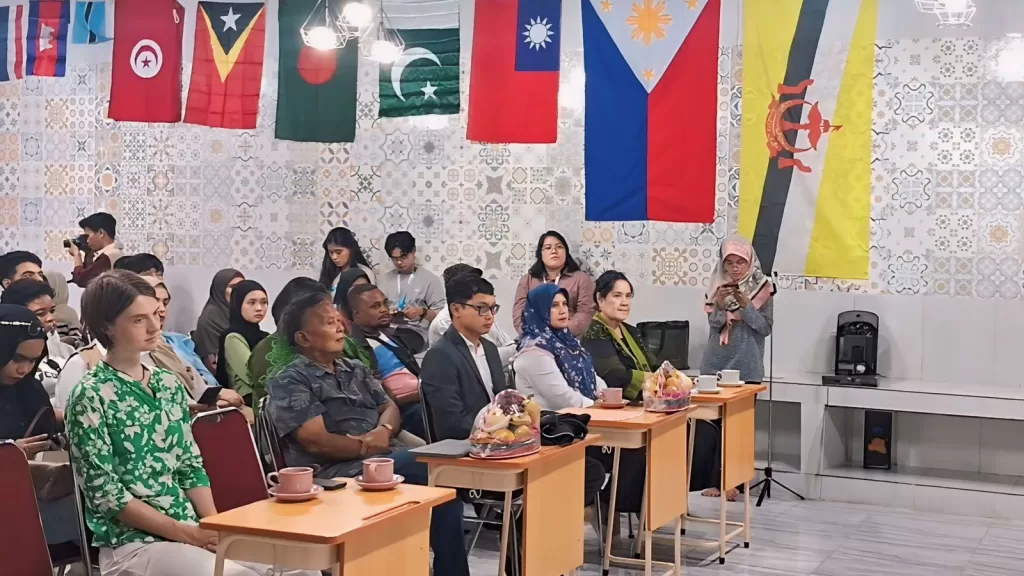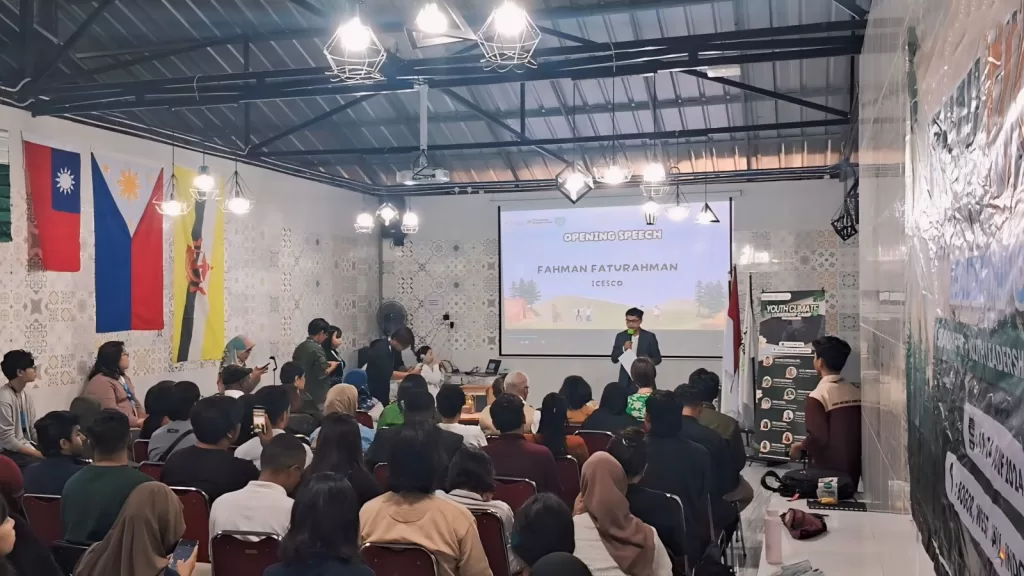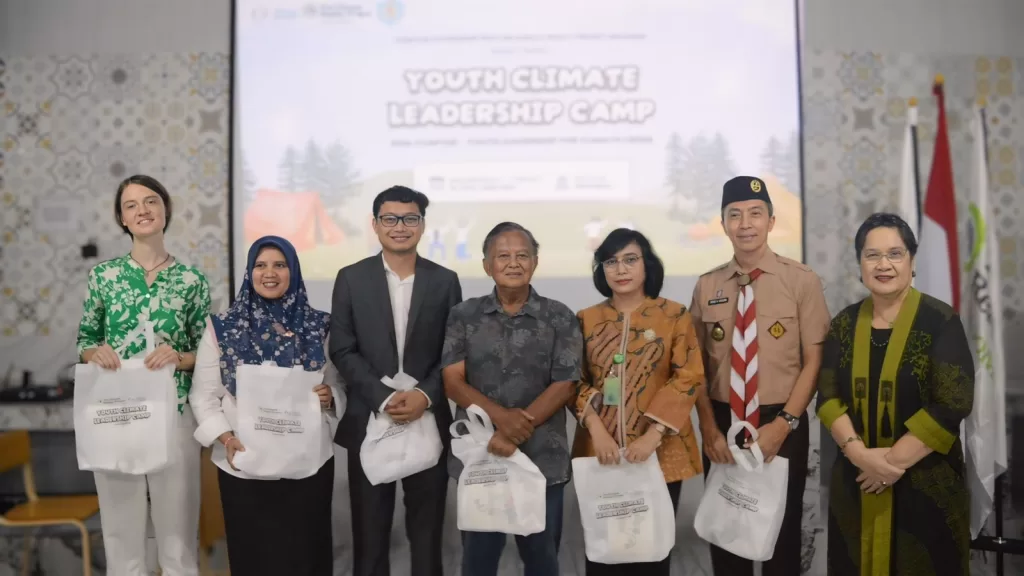Dr. Salim M. AlMalik, Director-General (DG) of the Islamic World Educational, Scientific, and Cultural Organization (ICESCO), met with Dr. Abdullah bin Ali Al Amri, Chairman of the Environment Authority in Oman, to discuss ways to enhance cooperation between the Organization and the Authority in areas of mutual interest, particularly in advancing scientific research in environmental protection.
During the meeting, held on Wednesday, July 3rd, 2024, at the Authority’s headquarters in Muscat, and attended by Ms. Amna Al-Balushi, Secretary of the Omani National Commission for Education, Culture, and Science, Dr. AlMalik highlighted ICESCO’s new vision and strategic orientations that prioritize supporting Member States’ efforts to preserve the environment. He stated that ICESCO is committed to mitigate the negative impact of climate change, and rationalize the use of natural resources, in view of contributing to building a sustainable and green future in the Islamic world.
Dr. AlMalik further emphasized the Organization’s commitment to fostering fruitful cooperation with the Authority, facilitating the transfer of expertise, and exchanging information with counterpart bodies in the Islamic world. He noted that ICESCO will participate with a distinguished pavilion at the Conference of the Parties to the United Nations Framework Convention on Climate Change (COP 29), which will be hosted by Azerbaijan next November.
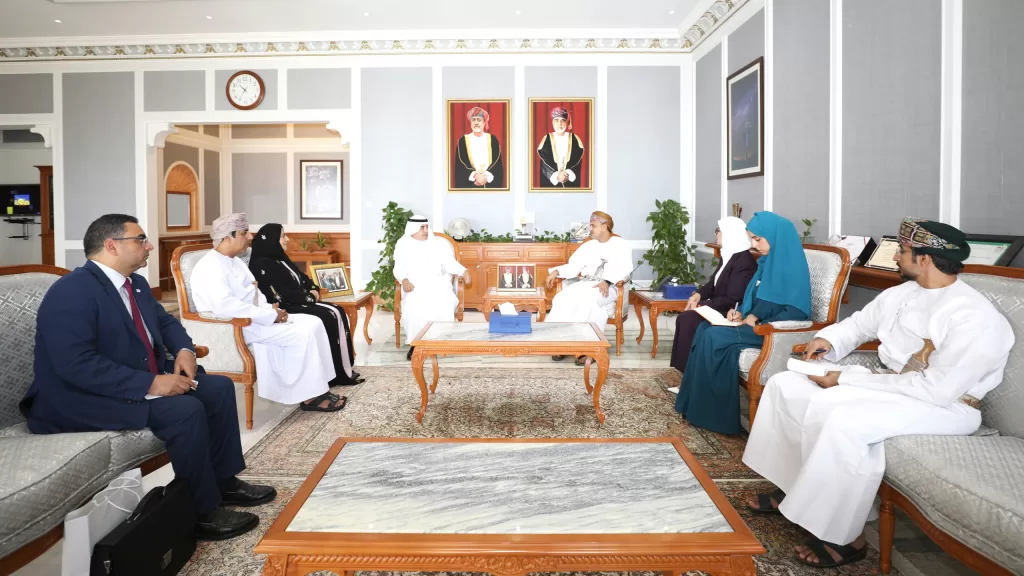
For his part, Dr. Al Amri commended ICESCO’s efforts in supporting its Member States in its areas of competence. He also outlined the main objectives of the Authority, including preserving natural and renewable resources and raising communities’ awareness of key environmental concepts.
The meeting also discussed proposals for cooperation between the two sides, such as establishing a chair for environmental studies at an Omani university, ICESCO’s participation in the Oman Conference for Environmental Sustainability, held annually in Muscat in February, and the Environment Authority’s participation in the third Conference of Ministers of Education for ICESCO’s Member States, which Oman will host this year, on October 2-3.
At the end of the meeting, the two parties agreed to maintain coordination and develop implementation plans for the proposed areas of cooperation discussed.
The meeting was attended by Dr. Salim Al-Habsi, Head of the General Secretariat for National Commissions and Conferences, and Mr. Samy Al Kamhawy, Head of the Department of Information and Institutional Identity at ICESCO.
